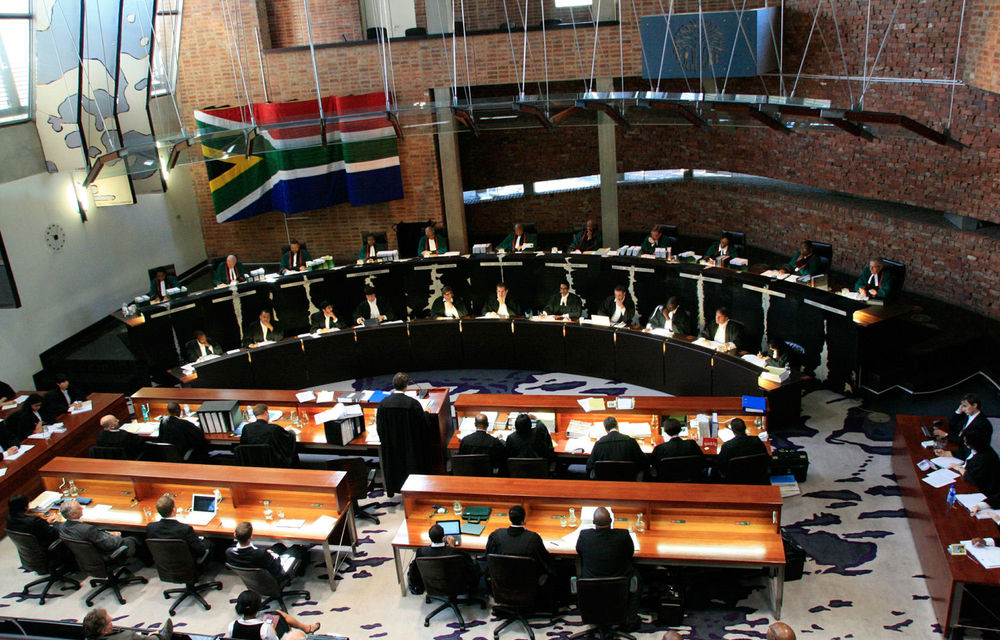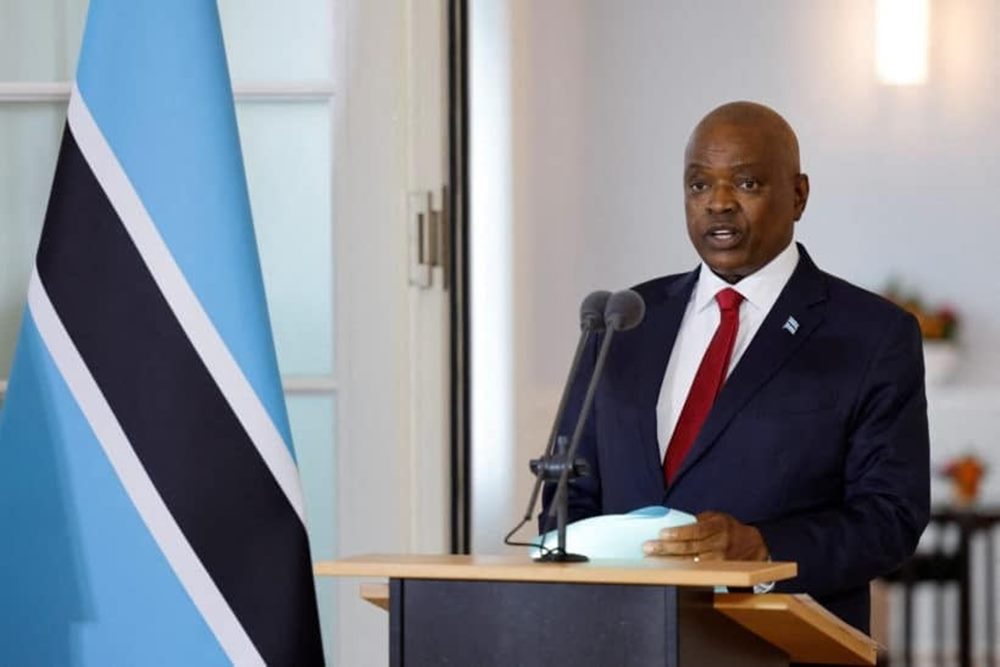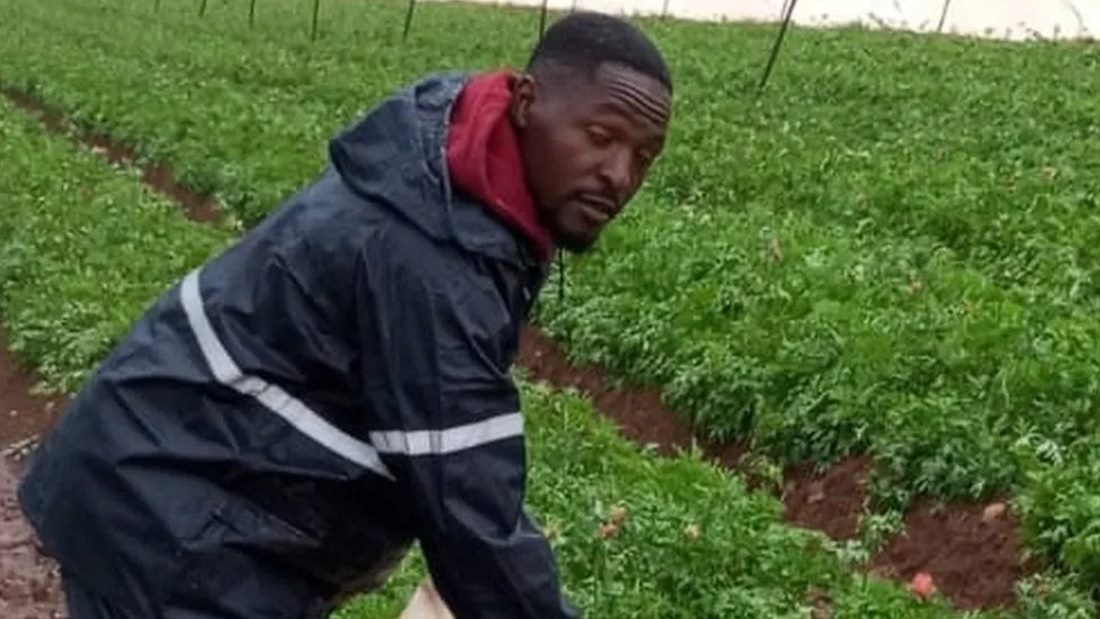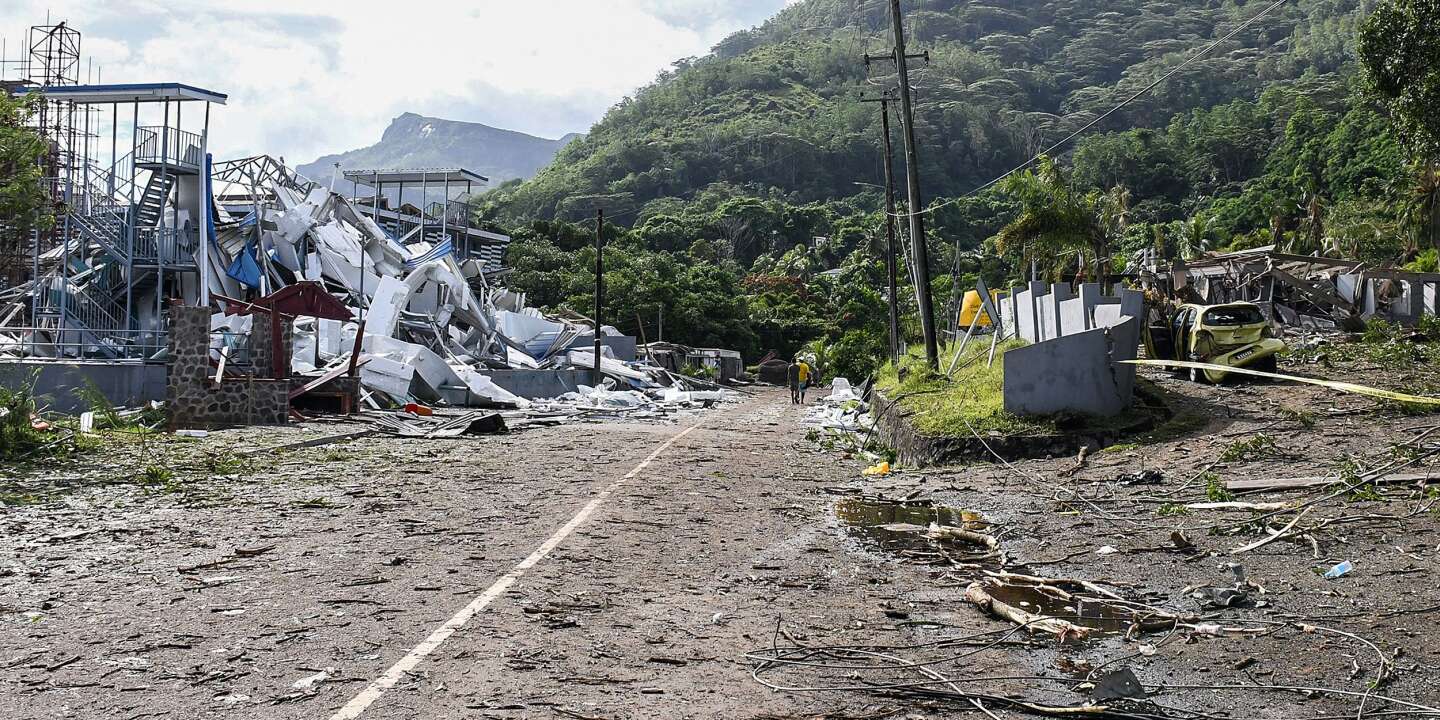In a groundbreaking decision, the Constitutional Court has declared that the South African Home Affairs’ policy, which assumes that asylum seekers have “abandoned” their applications if they fail to renew their visas within one month of the visa’s expiry date, violates fundamental principles of refugee law. The court’s ruling emphasises that asylum seekers must be treated as refugees until their claims have reached a final determination.
The case was brought before the Constitutional Court by the Scalabrini Centre of Cape Town, a trust dedicated to assisting migrant communities and displaced people. The organisation sought confirmation of the High Court’s order of invalidity, arguing that the relevant sections of the Refugees Act create a system that disregards the merits of an asylum seeker’s claim and instead ties their rights to their ability to comply with visa renewal requirements. This approach, Scalabrini contended, directly contravened the principle of non-refoulement under international law, which prohibits the return of individuals to countries where they would face torture, inhumane treatment, or harm.
Constitutional Court Justice Steven Majiedt noted that the respondents did not oppose the confirmation of the constitutional invalidity of the impugned provisions. They conceded that the problematic provisions needed to be eliminated entirely.
Justice Majiedt further stated, “The impugned provisions violate a number of constitutional rights. They violate the right to dignity by cutting off asylum seekers from essential services required for a dignified life. Moreover, they expose asylum seekers and their children to constant risks of arrest and deportation, which infringe upon the rights to life and personal liberty, all because a visa has not been renewed.”
Consequently, the court confirmed the high court’s declaration of constitutional invalidity, as the impugned subsections violated the principle of non-refoulement, infringed upon the right to dignity, unjustifiably limited the rights of children, and were deemed irrational and arbitrary.
The ruling holds significant implications for the treatment of asylum seekers in South Africa. It establishes that asylum seekers should be afforded the same protections as refugees until their claims have been thoroughly evaluated. The decision underscores the importance of upholding human rights and preventing the unjust treatment of vulnerable individuals.
As part of the ruling, the Minister of Home Affairs has been instructed to bear the costs associated with the case, emphasising the need for accountability and adherence to constitutional principles.
This landmark judgement marks a significant step forward in ensuring the fair and just treatment of asylum seekers within South Africa’s immigration system. It highlights the importance of protecting the rights and dignity of all individuals seeking refuge, regardless of their visa status.













